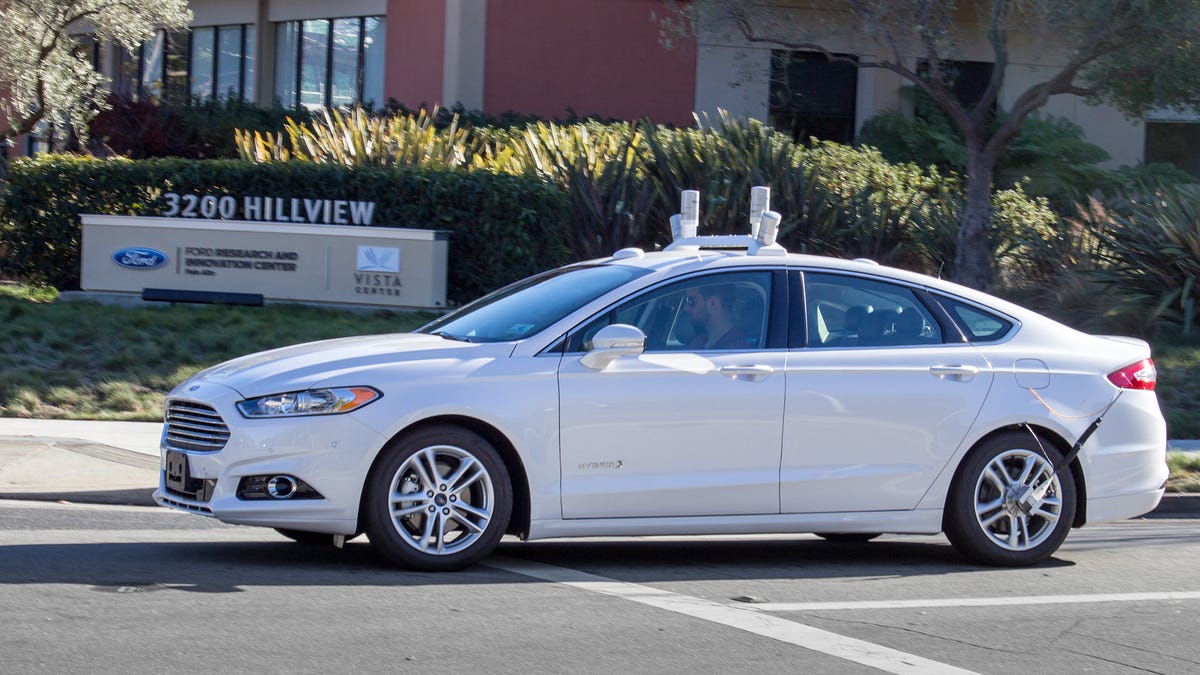Ford plans to go big, go driverless in California
The automaker has received a permit to operate autonomous vehicles in the Golden State, and it's growing its Silicon Valley research facility, to boot.
The race is on, even if there aren't any drivers present. Ford has joined a number of other automakers in receiving permission to operate autonomous cars on public roads, and the brand is showing its commitment to removing the human variable from the equation in a number of other ways, as well.
Ford's self-driving permit is but one part of what the company calls Ford Smart Mobility. That's an umbrella term, describing Ford's plans to advance beyond traditional methods of transportation, utilizing connectivity, data analytics and naturally, autonomous vehicles.
Of course, it would be mighty hard to run a serious self-driving operation in California from way the hell over in Dearborn, Michigan. Therefore, Ford is also expanding its Silicon Valley research facility. What used to be a 15-person office now includes more than 100 employees dedicated to developing new technology.
"Having a strong presence in Silicon Valley allows us to further accelerate our research on a wide range of technologies, and apply our insights to create real-world mobility solutions," said Ken Washington, Ford's VP of research and advanced engineering.
Ford is also expanding the number of businesses it's working with. The automaker just announced that it would team up with software-development company Pivotal to further flesh out its connected-vehicle strategy. Most importantly, however, this collab will help speed up Ford's own software development.
"Typically, it took Ford months to develop software," said Bill Cook, Pivotal's president. "At the outset of working with Pivotal, Ford engineers started producing compelling software in a matter of weeks. Ford now is operating at start-up speeds -- able to create software in mere days."


